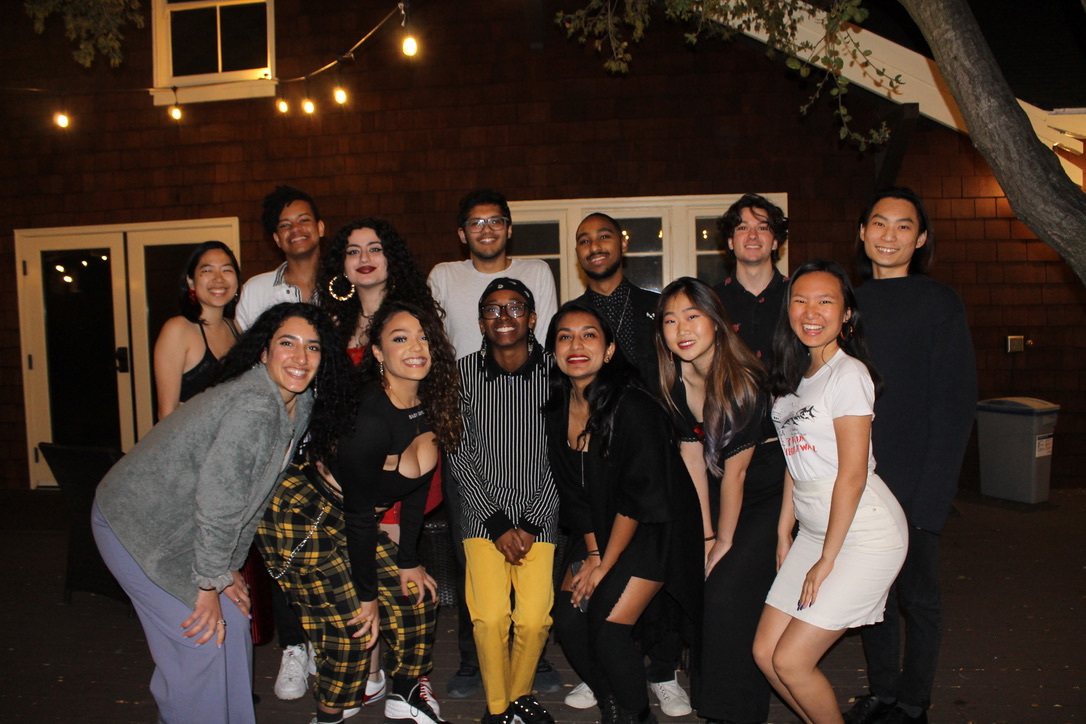Before the pandemic hit, Stanford’s Spoken Word Collective focused on helping its members develop their abilities to write and perform poetry. From weekly brunches to performances, the group offered an opportunity for friendship and bonding.
Now, members say, the group’s role has expanded to larger community-building.
“Our responsibility as Collective has shifted a little bit from being cultivating our members’ writing ability and cultivating our own interpersonal relationships … [to] providing a literary space and community for the whole campus,” said member Dana Chieuh ’23. “That’s a change I’ve seen with COVID.”
The Spoken Word Collective has shifted entirely online since the beginning of spring quarter. Now, its workshops, events and in-group interactions take place virtually due to COVID-19 disruptions.
In a typical year, the Spoken Word Collective would have hosted workshops and readings in person. Instead, members have now taken to Zoom, allowing for the continuation of their regular programming. All workshops the Collective hosts over Zoom are now open to the public and advertised on Instagram and Facebook, instead of having both private and open workshops, according to Darnell Carson ’21, co-director of the group.
Activities conducted in workshops vary widely. According to Collective member Tomi Sogade ’24, past workshops include meditation and letter writing. “The beauty in a workshop,” he said, is that “the senior members always find ways to make it different but also engaging.”
The Collective’s most recent Zoom event was the Fall Show in November, which Carson expected at most 30-40 people to attend. Instead, members performed spoken word pieces to a crowd that peaked at 68 attendees.
“Participation is fluctuating,” Carson said. “I think that some days, when we do our workshops, some days are really good. We get maybe ten people in the room, and that’s amazing for Zoom. Other days, we get to a program, and it’s just members of Collective.”
Despite these challenges, the group continued to welcome new members in September.
This year, the Spoken Word Collective asked potential new members to submit two recordings — performances of a piece of their choice and of a piece inspired by the prompt issued to all applicants — in lieu of live auditions, member Anna Wang ’24 told The Daily. Normally, around 40 applicants would perform pieces in person, auditioning for a handful of spots in the 16 to 20 member Collective.
This year, according to Chieuh, the Collective received fewer applications than in previous years. Considering that incoming freshmen would be more likely to look for community during a virtual quarter, the number of people who applied was “a little surprising,” she said, “but everyone seemed to be much more committed, and the decision was really difficult.”
“I think with spoken word and with art in general, not everyone comes from the same backgrounds, the same trials, the same privileges,” Sogade said. “But I feel like the beauty in it is when someone can be genuine and create something unique based on their own experiences.”
Contact Yong-Yu Huang at yyhuang ‘at’ student.dalat.org
